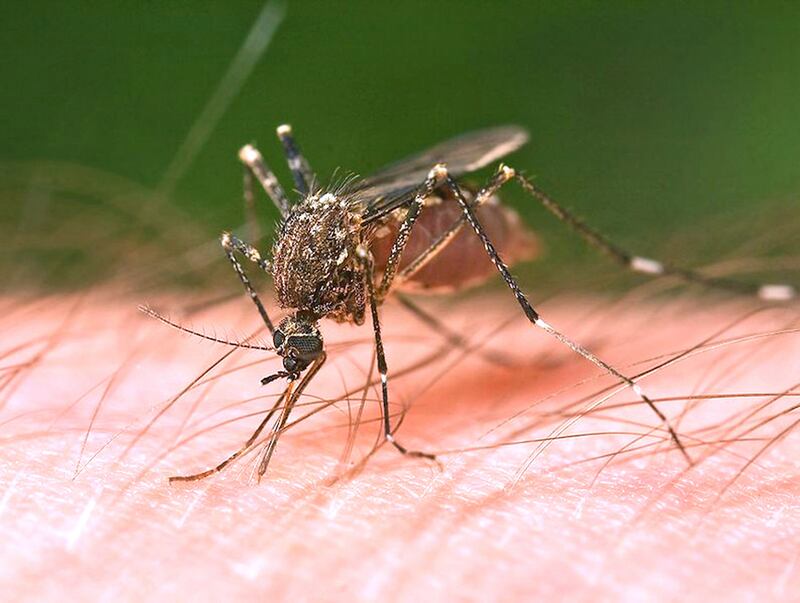The Illinois Department of Public Health on Wednesday announced the first human case of West Nile virus in Will County this year.
The affected individual is a resident in their 80s who began to experience symptoms in August, according to the IDPH.
The case comes after the Will County Health Department’s Environmental Health Division reported the discovery of West Nile in mosquito batches in 11 different communities in the county – Joliet, Frankfort, Bolingbrook, Lockport, New Lenox, Shorewood, Mokena, Manhattan, Monee, Plainfield and Peotone.
The Will County diagnosis brings the total number of human West Nile cases in Illinois to 42 for the year, with 39 of the cases occurring in northern Illinois.
The majority of the state’s cases – 34 – were found in Cook County. Lake County reported two cases, and DuPage County and DeKalb County each reported one case.
So far, the number of human cases in 2025 is lower than last year, when the state saw 69 human cases of the potentially fatal virus.
“A bite from a mosquito infected with WNV can cause serious illness. The best way to ‘Fight the Bite’ is to practice the three R’s: reduce the opportunity for mosquitoes to enter your home, repel mosquitoes by wearing insect repellent outdoors, and report standing water in your community where mosquitoes can breed,” IDPH Director Dr. Sameer Vohra said.
Although case numbers have been relatively low in humans, health officials in the state have discovered 3,575 mosquito batches that tested positive for the virus across 67 counties.
While many cases of West Nile are nonsymptomatic, about 20% of infected individuals experience what the Centers for Disease Control and Prevention describe as “flu-like symptoms,” including fever, headache, body aches, joint pain, vomiting, diarrhea and rash. For some individuals, fatigue and weakness can last for weeks or months after recovering from most symptoms.
The CDC also reported that about 1 in 150 people who are infected with West Nile can develop severe symptoms that can affect the nervous system, including inflammation of the brain or its surrounding membranes, also known as encephalitis or meningitis, respectively.
People older than 60 are at a higher risk for these severe cases if infected, as are people with preexisting medical conditions including cancer, diabetes, hypertension, kidney disease and organ transplant recipients, according to the IDPH.
Residents can keep mosquitoes away by making sure doors and windows have tight-fitting screens without tears or holes, keeping doors and windows shut, and eliminating or refreshing standing water – such as bird baths, ponds, flower pots, wading pools and other containers – at least once a week.
Health officials also advise covering up outdoors by wearing long sleeves and pants.
More information about West Nile virus and mosquito bites can be found on the websites of the IDPH and the CDC.
